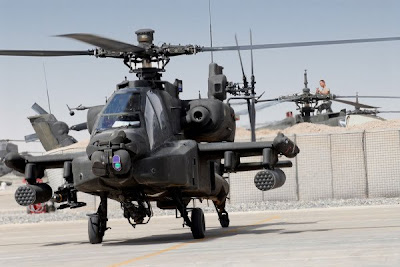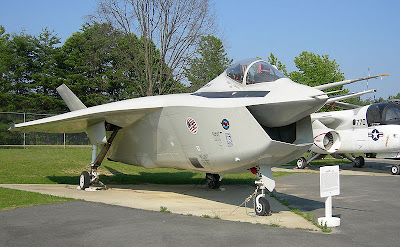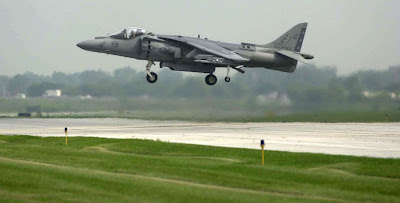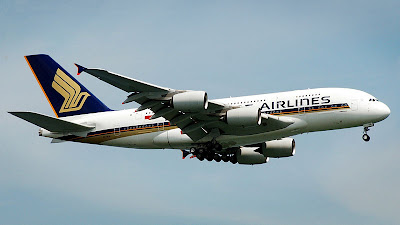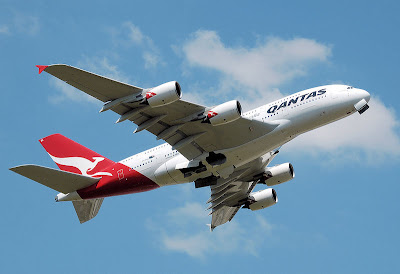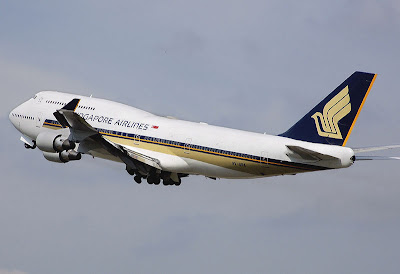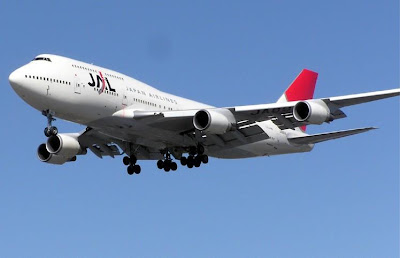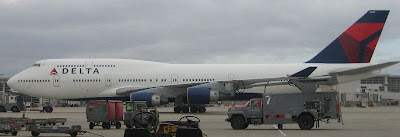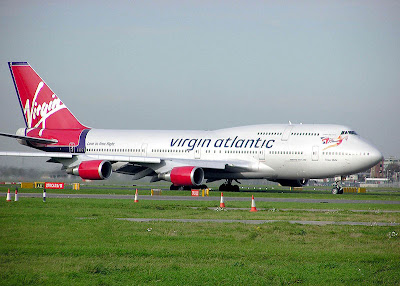The
Lockheed Martin F-35 Lightning II is a fifth-generation, single-seat, single-engine, stealth-capable military strike fighter, a multirole aircraft that can perform close air support, tactical bombing, and air defense missions.

The F-35 has three different models; one is the conventional takeoff and landing variant, the second is short takeoff and vertical-landing variant, and the third is a carrier-based variant.
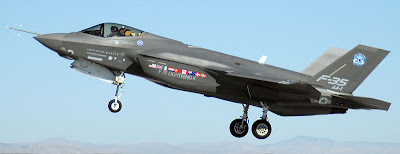
The F-35 is descended from the
X-35, the product of the
Joint Strike Fighter (JSF) program. Its development is being principally funded by the United States, with the United Kingdom and other partner governments providing additional funding.
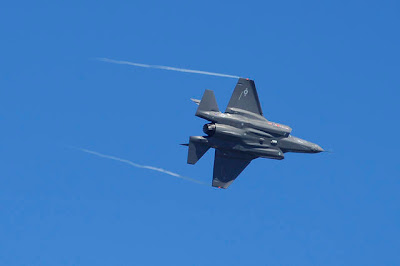
The F-35 appears to be a smaller, slightly more conventional, one-engine sibling of the sleeker, twin-engine
F-22 Raptor, and indeed drew elements from it.

The exhaust duct design was inspired by the General Dynamics Model 200, a 1972 VTOL aircraft designed for the Sea Control Ship.
For specialized development of the F-35B STOVL variant, Lockheed consulted with the Yakovlev Design Bureau, purchasing design data from their development of the Yakovlev Yak-141 "Freestyle".



